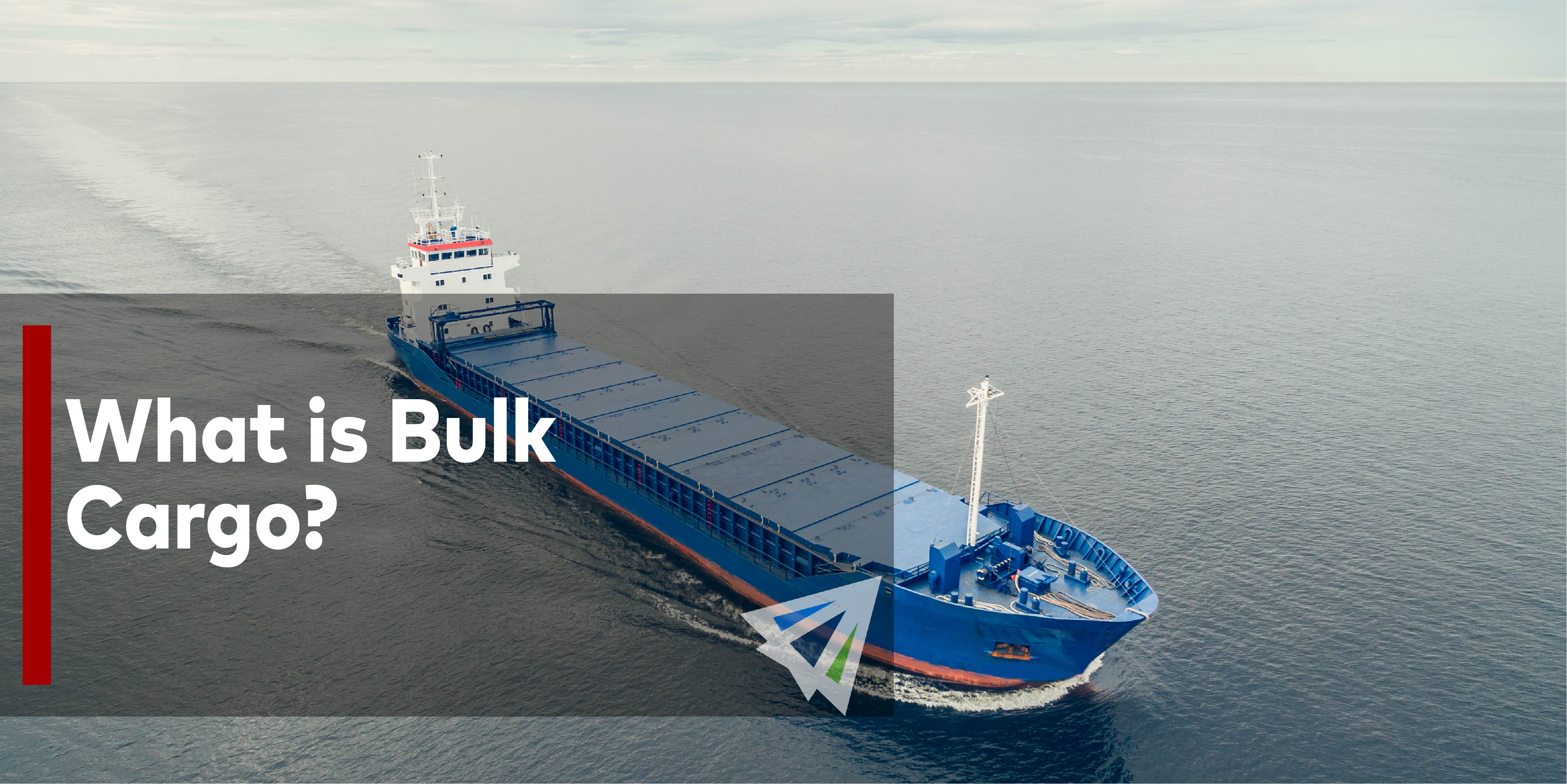Every industry is exposed to entirely unique shipping circumstances. AMS Customs has their own procedure for every type of commodity being shipped, and while you may solely be in charge of shipping at your company, there’s a good chance there are several shipping procedures you are entirely unfamiliar with.
One of the terms that only a select few industries encounter is “bulk cargo”.
Bulk Cargo: What Is It?
Bulk cargo refers to cargo that is shipped loose, or not easily containerized and transported via cargo vessel. This would include anything from liquids, to sand and gravel, coal, and everything in between.
Essentially, bulk cargo is anything that is not easily containerized or packaged, but is “free flowing”. That can be liquids or dry goods.
What Industries Use Bulk Cargo Shipping?
Well, the short answer is, anyone that is shipping free flowing goods – whether liquid or dry.
Often times, the construction industry uses bulk cargo shipping when moving dirt, rocks, and other compounds needed for filling large chunks of land.
The farming industry frequently uses bulk cargo shipping for large shipments of livestock feed or seeds.
The mining industry will ship metal chunks, iron ore, and charcoal as the materials are collected.
Chemical engineering industries or energy plants will frequently ship liquid nitrogen gas or petroleum and other related liquids.
How to Handle Bulk Cargo Shipments
Bulk cargo shipping can be pretty difficult. Since bulk cargo isn’t easily packaged or containerized, transportation of the goods can be frustrating and complex. It often requires the use of expensive machinery and instruments to properly load the goods into a vessel for transportation.
If you or your company are struggling to figure out the best way to transport your bulk cargo, or simply have questions regarding the process and what you can do to streamline your bulk cargo shipping practices, please don’t hesitate to reach out and ask one of our team members! We are always happy to offer answers to any of your questions!
